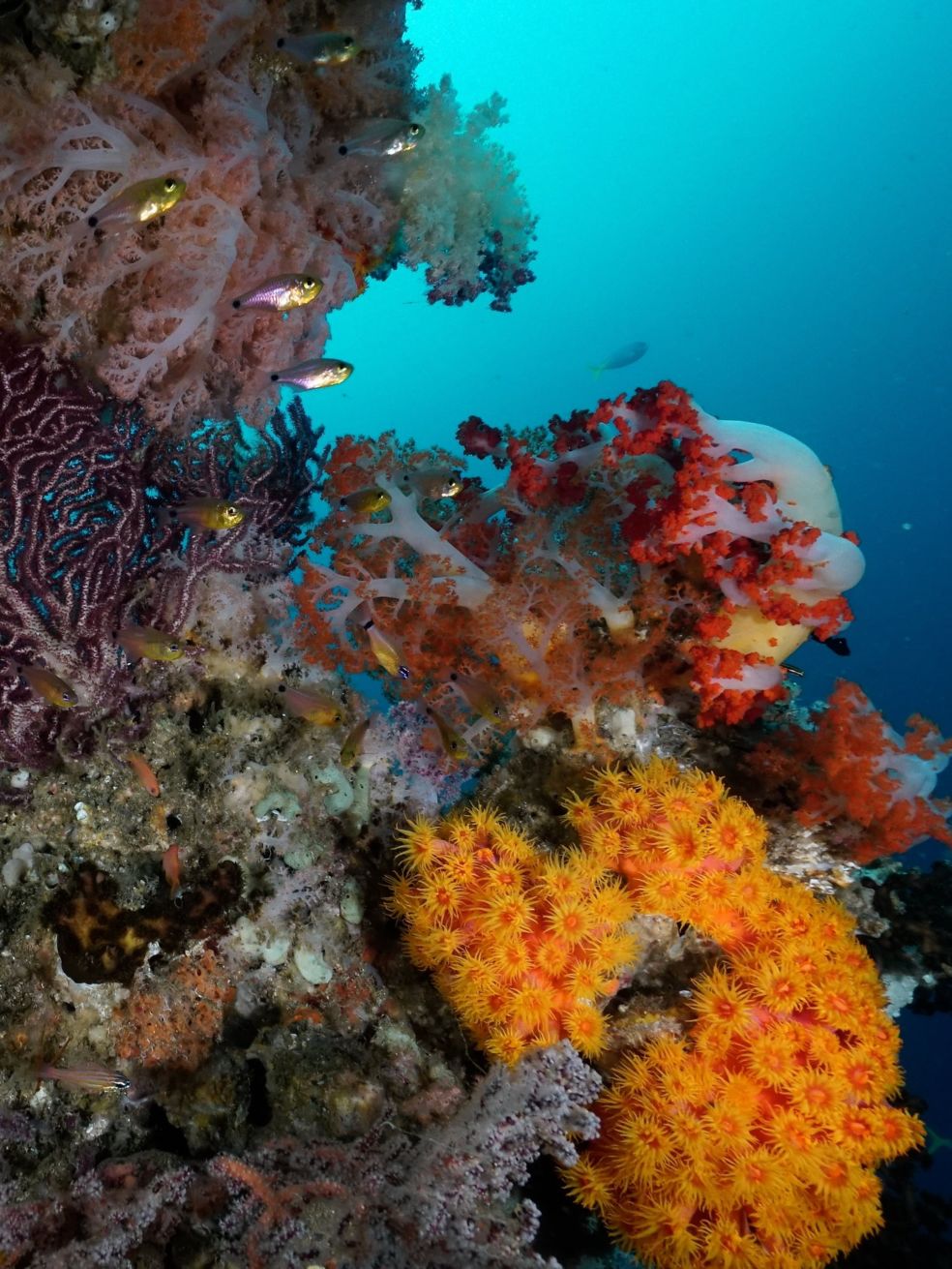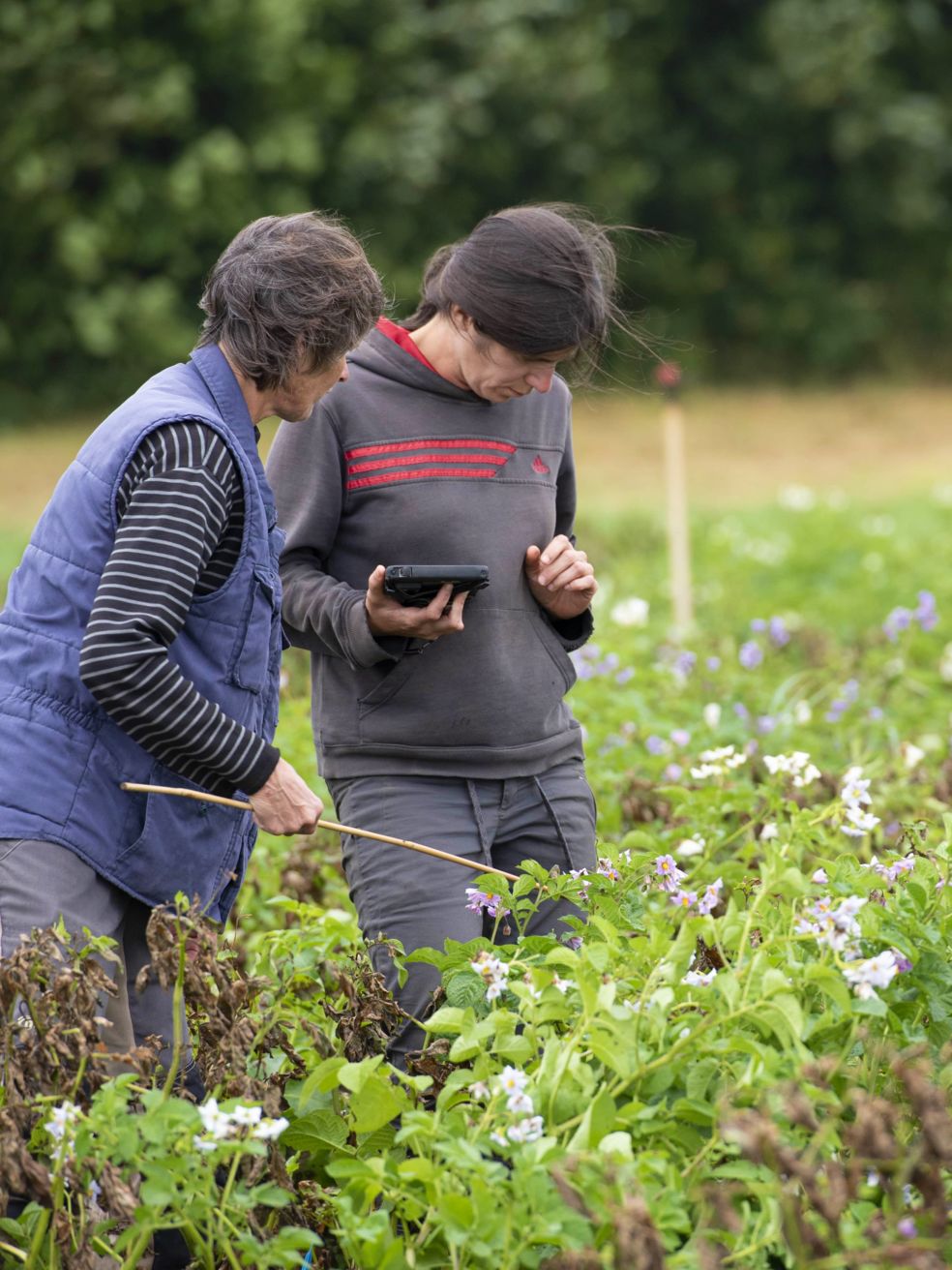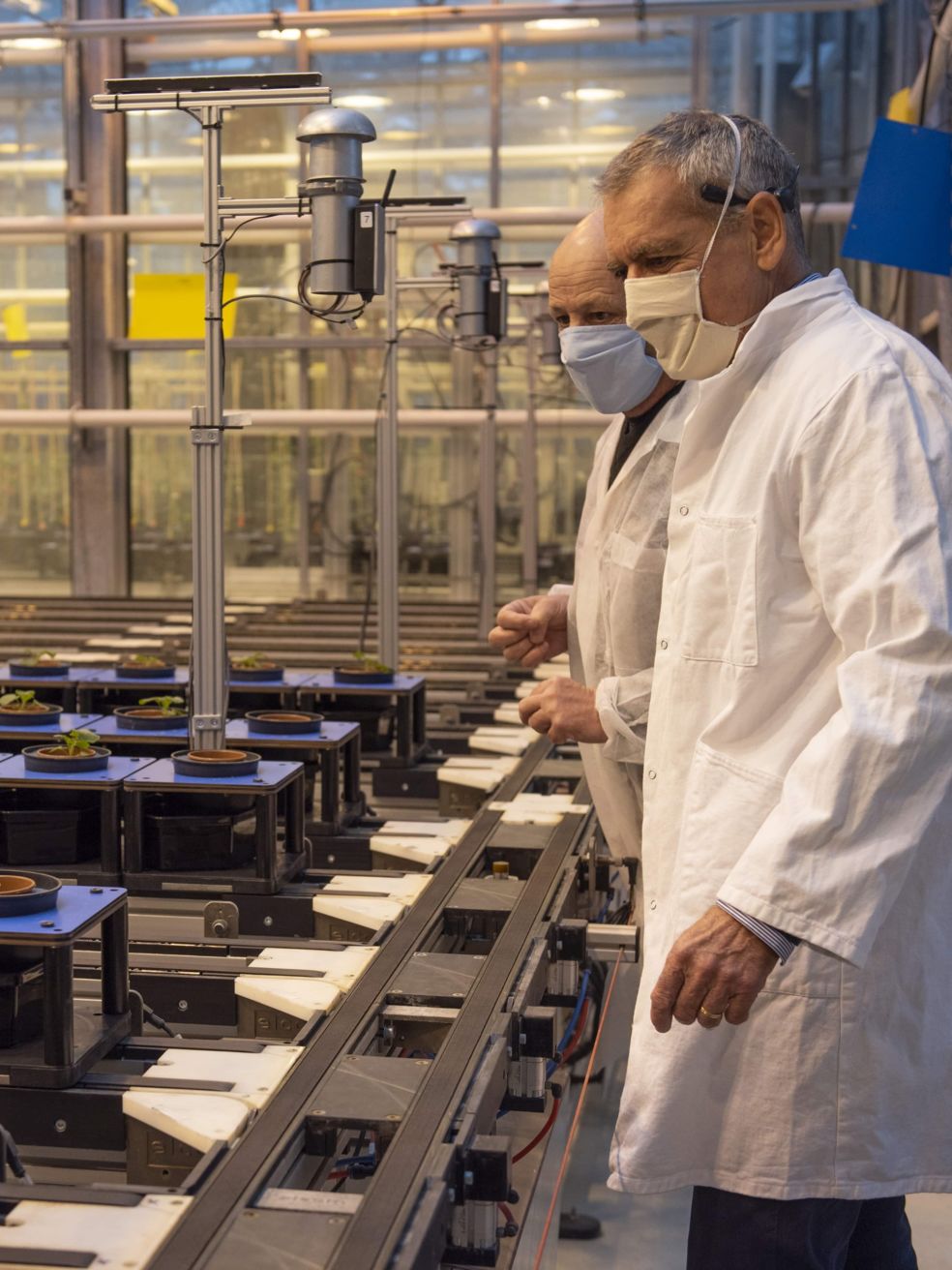Our values
The Ethics in Common Committee agrees on six principles that drive its reflections and work.
_______________________
The Committee holds as a central tenet that human life has intrinsic dignity. When making recommendations, the Committee seeks to reinforce human dignity in a conclusive way by upholding the rights set out in the 1948 act of Universal Declaration of Human Rights.
More generally, the Committee also strongly adheres to the values that have been expressed over the past several decades in the declarations and agreements established by the United Nations and other specialised organisations, including UNESCO. High on the list of these values are the protection and promotion of biodiversity and cultural expression. The principles affirmed in these texts are implemented via international normative agreements.
We strive to be stewards of the environment to ensure the well-being of future generations. We must also take care to not deplete natural resources and natural equilibria, as doing so could permanently jeopardize the future of the planet. This commitment to sustainable development requires that the Committee considers not just the short term, but also the long term and the very long term. On the other hand, subscribing to a principle of total reversibility is utopian and therefore impractical.
The world is a system. An action that affects one system component will also have an impact on other components. It is thus necessary to explore the secondary effects of actions, any subsequent dynamics, and the strategic responses that emerge. While we must prioritise solutions at the global scale, global measures must be compatible with local measures, accounting for real-life conditions.
The Committee views robustness and adaptability as two positive system attributes. Thus, even in an open society, a certain degree of autonomy in production systems is desirable at the national and regional levels.
Progress occurs in societies that are open to technical and social innovations. It is nonetheless crucial to analyse and anticipate the effects of such innovations on human lifestyles and development. The benefits that arise must be shared equitably.
__________________
These principles were drafted in 2007, when Louis Schweitzer became President of the Committee, then confirmed in 2016, at the beginning of Axel Kahn's mandate, and revised by the current team.






